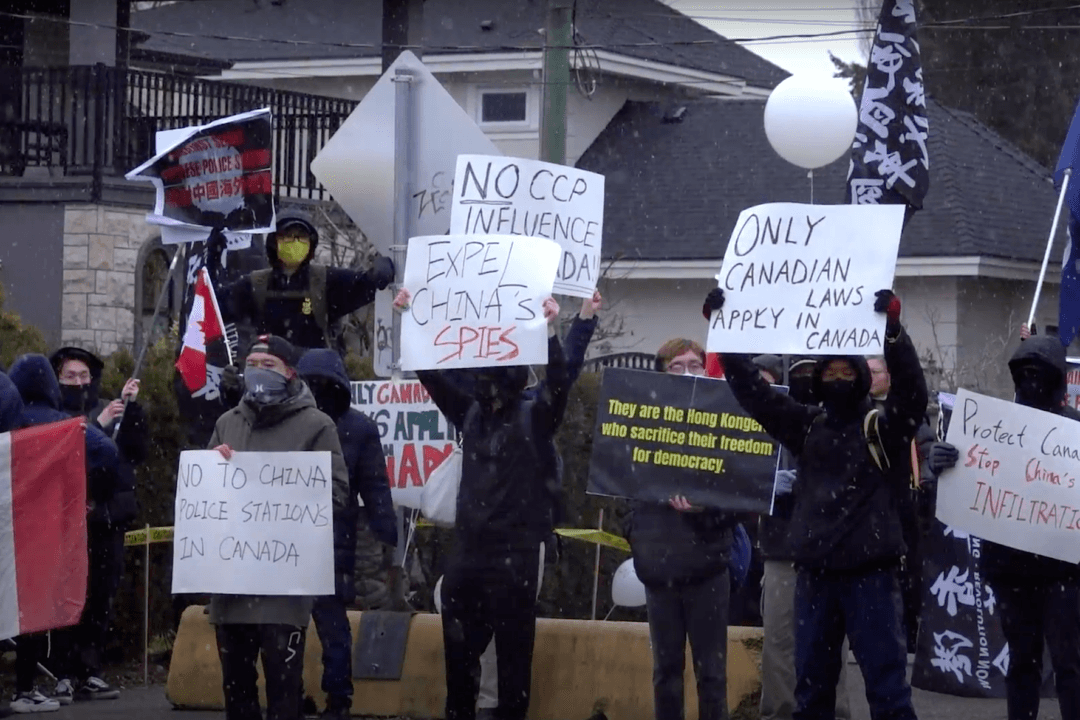A human rights coalition says the Hogue Commission should recommend that the federal government use existing immigration laws to deport perpetrators of foreign interference.
“Many of the existing tools remain underutilized or utilized in inconsistent or incoherent ways. As part of the Commission’s series of recommendations, the Commissioner can and should recommend that existing immigration and sanctions laws be leveraged to support and protect victims,” the Human Rights Coalition wrote in its submission to the foreign interference inquiry on Nov. 4.





